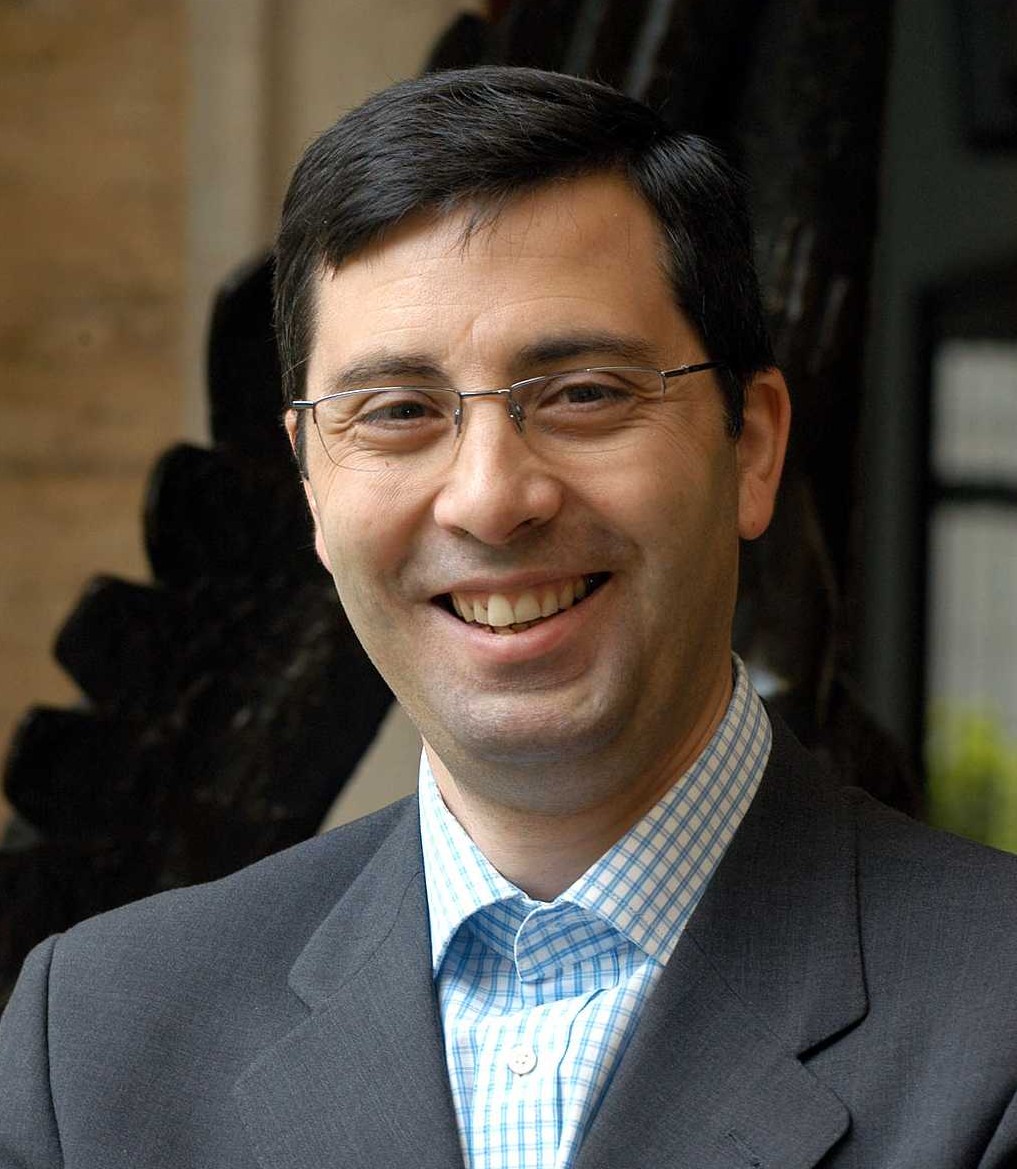Scientific seminar “Specific features of value creation during economic crisis”
On 16-17 September in Perm capus of NRU HSE the scientific seminar “Specific features of value creation during economic crisis”, which was organised by members of Research Group, was held
The seminar was opened on 16 Septemberby the main supervisor of this event – Petr Parshakov – associate professor of Financial Management Department.In his speech he emphasized integration of different scientific areas which this seminar covers and also he proposed to begin the discussion with micro-, mid- and macro- aspects.
Julia Naidenova -associate professor of Financial Management Department –presented report about macroeconomic indicators’ dynamic during the crisis for the number of European countries. This report was prepared on basis of Research Group “Empirical corporate finance”. During the following discussion participants of the seminar suggested adding new indicators to the research, for instance Jinny index or index of corruption scales, and also distinguishing indicators to fast and slowly changed; those reflecting financial market aspects and financial analysts opinion.
The seminar was continued with report of NRU HSE associate professor Igor Zakharov, which was devoted to new regulation tools of pricing on financial market. This topic seems to be really valuable especially in case of economic crisis. The tool is based not only on principles and methods of financial market analysis, but also on philosophy criteria of truth.
After a small break the seminar was continued by deputy CEO of Prognoz company, head of Prognoz Risk Lab – Sergey Ivlev, who presented his report about price shocks and the role of high-frequency trading. According to results of this research, HFT doesn’t provoke price shocks, however it stimulates this effect. Besides, during the report positive and negative consequences of HFT were discussed: on the one hand HFT helps to decrease spread between the demand and supply price, on the other hand – it makes market more uncertain, less predictable.
Discussion about macro aspects of crisis was finished by NRU HSE associate professor Dmitriy Timofeev. Dmitriy presented his point of view about reasons of crisis, based on Arnold Kling’s book «The Three Languages of Politics». The second report was about bank valuation and changes of regulators and investors opinion about it during the crisis. Basel III became the main issue of discussion. Report was finished with dynamic discussion about tight connection between policy and economy in modern society.
Micro aspects of crisis were discussed by the participants after lunch. This section was opened by Valeria Kamolikova – NRU HSE researcher, who presented her report about specific features of cosmetic producers operations in crisis period, which was developed with help of case-study approach.
Roman Bozhya-Volya – NRU HSE professor and CEO of Procus-Group company – reported about application of economic theory in real business practice regarding to SMEs operation process. One of the most academically valuable issue was a vector of future research and further investigation of SMEs development suggested by prof. Bozya-Volya.
Prof. of HRU HSE Svetlana Suslova presented the report about crisis influence on Russian and foreign non-commercial enterprises. The most important and surprising conclusion was the following: Non-commercial enterprises are countercyclical, they can grow even fasted during the crisis.
The first day of the seminar was finished by the report, made by Anna Galkina – Nizhniy Novgorod department of NRU HSE associate professor, which was devoted to accounting aspects of innovation process.
On 17 September the second section of the seminar called “Mid-scaled crisis research” (basic language of lectures – English). This part was opened by Elvira Baiburina with her report devoted to IC disclosure in BRICS block. Further all the participants were divided into two groups: those who attended the open lecture of prof. Angel Barajas (Vigo University, Spain) and those who attended master-class of prof. Anna Bykova (NRU HSE-Perm), devoted to bibliometric analysis of literature about economic crisis.
After a coffee-break the group of professors from Finland joined the seminar. Afterwards there was the presentation of Research Group’s “Empirical corporate finance” project called “Specific features of value creation during the crisis: IC impact”, its preliminary results and expected ways of further development. Besides, prof. Erkki Kaukonen(Tampere University, Finland) reported about changes in Finnish innovation policy over the last century.
All things considered, the seminar revealed the fact, that topic of crisis is observed in really different areas of science, besides it influenced all the modern life spheres. Every lecture, master-class, discussion and report allowed participants to interact with each other, which can also be considered as a start point of mutual collaboration.
However, besides lecturers and tutors, many 3rd/4th bachelor and 1st/2nd magister students of NRU HSE-Perm and foreign magister students of Perm Polytechnic University participated in this event.
Reporter’s presentations, photos and videos made during the seminar are available here: http://www.ecf-group.org/


